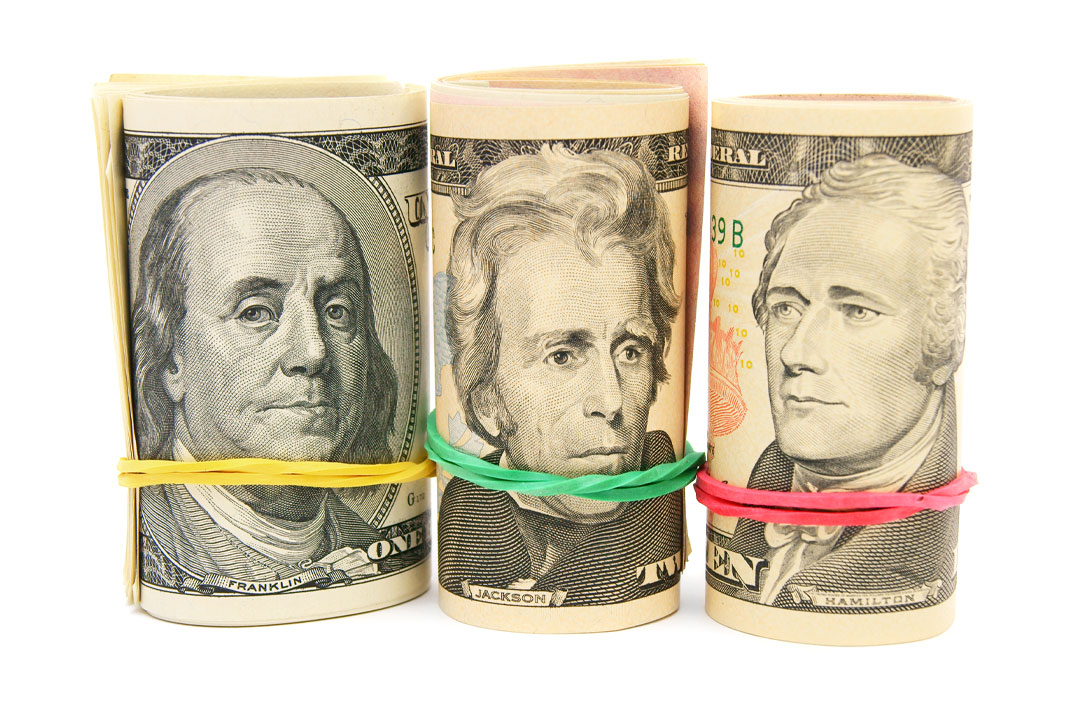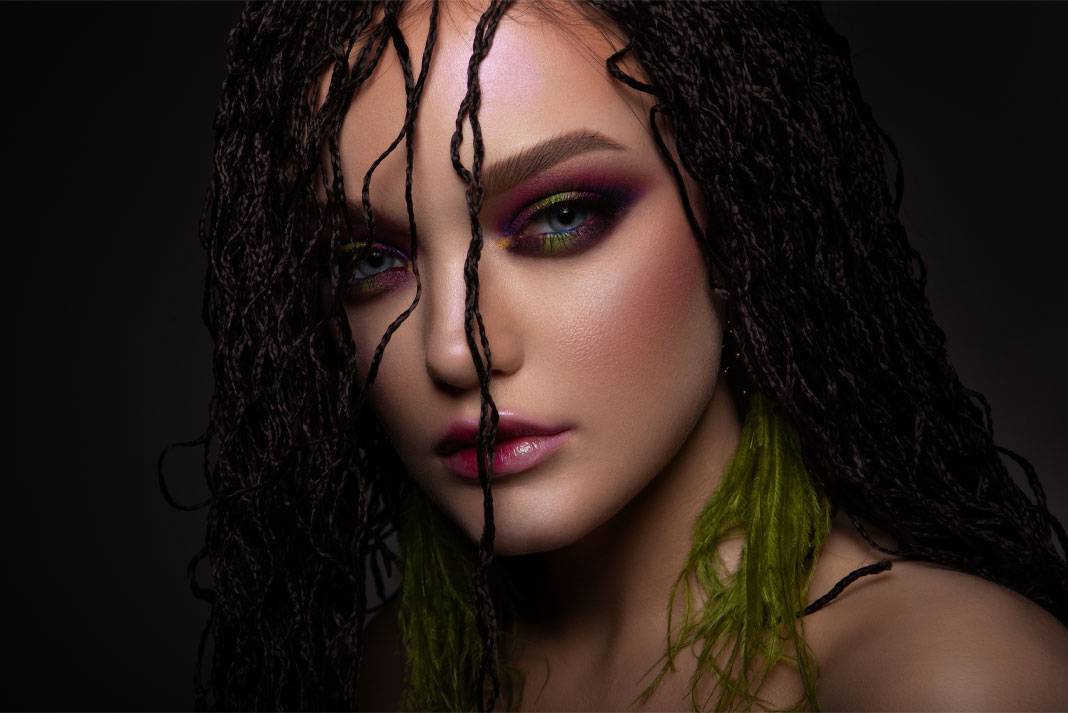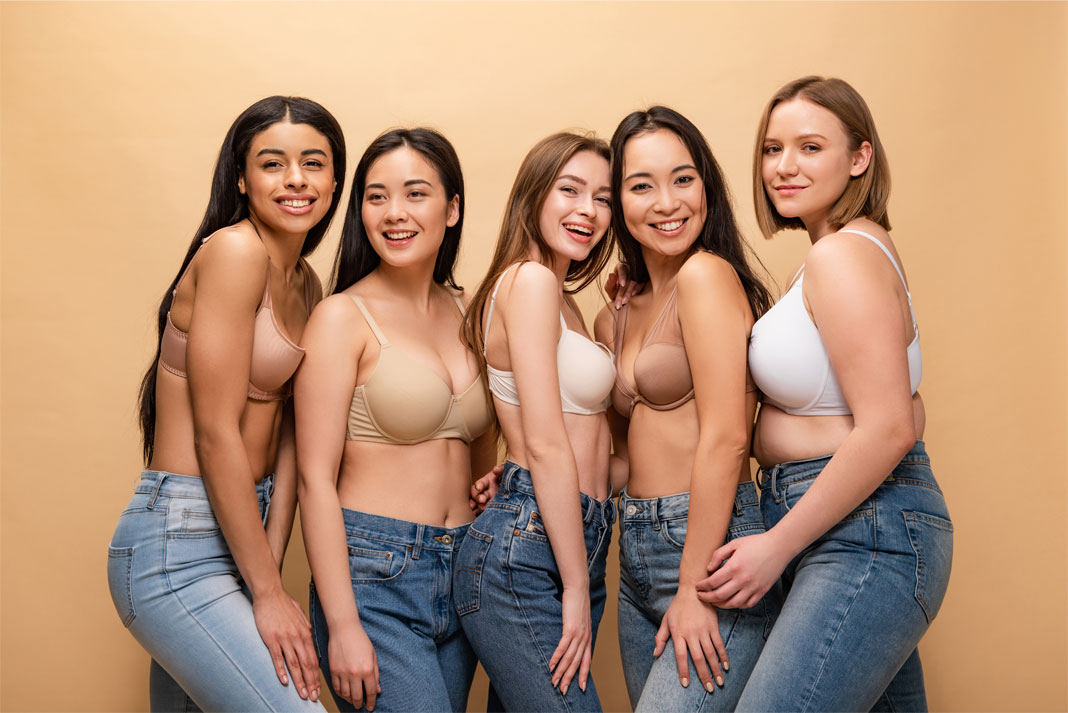Fashion modeling is a career characterized by its association with glamour, luxury, and prestige.
Models are often viewed as representatives of beauty and style, appearing on magazine covers, walking in high-profile fashion shows, and representing prestigious designer brands. The profession offers opportunities for international travel, collaboration with renowned photographers and designers, and involvement in an industry that influences trends and cultural norms.
The work of fashion models extends beyond photoshoots and runway appearances. They often attend exclusive events, parties, and galas, interacting with celebrities and influential figures in the fashion world. Models also participate in creative collaborations and artistic projects, using their poses, facial expressions, and body language to contribute to the narrative aspects of fashion photography and runway presentations.
Fashion modeling provides a platform for self-expression and the embodiment of various characters and personas through clothing and style. Models play a significant role in shaping beauty standards and trends within the industry, exerting influence that extends beyond the immediate fashion sphere. The appeal of fashion modeling as a career lies in its combination of creativity, style, and self-expression, along with the potential for global exposure and involvement in a dynamic, trend-setting industry.
However, it is important to note that the reality of the profession can differ from its glamorous public image, with challenges and pressures that are not always visible to the public eye.
Key Takeaways
- Fashion modelling is associated with glamour and prestige, attracting individuals seeking a high-profile career in the industry.
- The fashion modelling industry is demanding and presents various challenges, including intense competition and pressure to maintain a certain physical appearance.
- Fashion modelling offers the potential for high earnings, especially for top models who secure lucrative contracts with renowned brands and designers.
- The impact of fashion modelling on body image and mental health is a significant concern, as the industry often promotes unrealistic beauty standards.
- Networking and building a personal brand are crucial for success in fashion modelling, as they can lead to opportunities and endorsements.
- A career in fashion modelling is often short-lived, with many models facing limited opportunities as they age.
- Despite the short-lived nature of a modelling career, there are opportunities for diversification and long-term success through avenues such as entrepreneurship, acting, or fashion design.
The Challenges and Demands of the Fashion Modelling Industry
The Physical and Mental Toll
Additionally, the fast-paced nature of the industry means that models are constantly on the go, traveling for assignments, attending castings, and working long hours during fashion weeks and photo shoots. Furthermore, fashion modelling requires resilience and thick skin to handle rejection and criticism. Models often face constant scrutiny of their looks, performance, and professionalism, which can take a toll on their mental well-being.
The Limited Window of Opportunity
The industry’s emphasis on youth and physical perfection also means that models may have a limited window of opportunity to establish their careers. Moreover, the lack of job security and stability in the industry can lead to uncertainty and financial instability for many models.
Navigating the Challenges
Despite its glamorous facade, the fashion modelling industry presents numerous challenges and demands that require resilience, perseverance, and a strong support system to navigate. Models must be prepared to face the physical and mental demands of the industry, as well as the uncertainty and instability that comes with it.
The Potential for High Earnings in Fashion Modelling

While the fashion modelling industry presents its challenges, it also offers the potential for high earnings for successful models. Top models can command lucrative fees for runway shows, advertising campaigns, endorsements, and brand partnerships. The earnings of fashion models can vary widely depending on factors such as experience, reputation, and market demand.
Established models with a strong portfolio and international recognition can earn substantial incomes from their work with luxury brands and high-profile clients. Additionally, successful fashion models have the opportunity to diversify their income streams through ventures such as acting, entrepreneurship, or creating their own fashion lines. Endorsement deals with beauty and lifestyle brands can also contribute significantly to a model’s earnings.
Furthermore, social media has provided models with new opportunities to monetize their online presence through sponsored content and collaborations with brands. The potential for high earnings in fashion modelling is a driving force for many aspiring models who see it as a lucrative career path with opportunities for financial success. The fashion modelling industry offers the potential for high earnings for successful models through lucrative fees for runway shows, advertising campaigns, endorsements, and brand partnerships.
Established models with international recognition can command substantial incomes from their work with luxury brands and high-profile clients. Additionally, successful fashion models have the opportunity to diversify their income streams through ventures such as acting, entrepreneurship, or creating their own fashion lines. Endorsement deals with beauty and lifestyle brands can also contribute significantly to a model’s earnings.
Furthermore, social media has provided models with new opportunities to monetize their online presence through sponsored content and collaborations with brands. The potential for high earnings in fashion modelling is a driving force for many aspiring models who see it as a lucrative career path with opportunities for financial success.
The Impact of Fashion Modelling on Body Image and Mental Health
The fashion modelling industry’s emphasis on physical appearance can have a significant impact on models’ body image and mental health. The pressure to maintain a certain body size and look can lead to body dissatisfaction, disordered eating behaviors, and low self-esteem among models. The constant scrutiny of their looks and bodies can contribute to feelings of inadequacy and insecurity.
Moreover, the competitive nature of the industry can create a culture of comparison and perfectionism that takes a toll on models’ mental well-being. Furthermore, the prevalence of rejection in the industry can lead to feelings of inadequacy and self-doubt among models. The constant pressure to book jobs and maintain a certain image can contribute to anxiety and stress.
It is essential for models to prioritize their mental health by seeking support from professionals, building a strong support system, and practicing self-care strategies. Additionally, promoting diversity and inclusivity in the industry can help mitigate the negative impact of unrealistic beauty standards on models’ body image and mental health. Overall, it is crucial for the fashion modelling industry to address its impact on body image and mental health by promoting a more inclusive and supportive environment for models.
The fashion modelling industry’s emphasis on physical appearance can have a significant impact on models’ body image and mental health. The pressure to maintain a certain body size and look can lead to body dissatisfaction, disordered eating behaviors, and low self-esteem among models. The constant scrutiny of their looks and bodies can contribute to feelings of inadequacy and insecurity.
Moreover, the competitive nature of the industry can create a culture of comparison and perfectionism that takes a toll on models’ mental well-being. Furthermore, the prevalence of rejection in the industry can lead to feelings of inadequacy and self-doubt among models. The constant pressure to book jobs and maintain a certain image can contribute to anxiety and stress.
It is essential for models to prioritize their mental health by seeking support from professionals, building a strong support system, and practicing self-care strategies. Additionally, promoting diversity and inclusivity in the industry can help mitigate the negative impact of unrealistic beauty standards on models’ body image and mental health.
The Importance of Networking and Building a Personal Brand in Fashion Modelling
Networking and building a personal brand are essential components of success in the fashion modelling industry. Models must cultivate relationships with photographers, designers, stylists, makeup artists, and other industry professionals to secure opportunities for work. Attending industry events, castings, and fashion shows provides models with the chance to connect with key players in the industry and showcase their professionalism and personality.
Moreover, building a strong personal brand is crucial for standing out in a competitive market. Models can use social media platforms to curate their image, showcase their portfolio, and engage with their audience. A strong personal brand can attract potential clients and collaborations while allowing models to express their unique style and personality.
Additionally, having a clear brand identity can help models navigate their career path by aligning themselves with brands that resonate with their values and aesthetic. Furthermore, networking and building a personal brand go hand in hand in establishing a successful career in fashion modelling. Models who invest time in cultivating relationships within the industry while developing a strong personal brand are more likely to secure lucrative opportunities for work while standing out in a competitive market.
Networking is essential for success in the fashion modelling industry as it allows models to connect with key players in the industry while showcasing their professionalism and personality at industry events, castings, and fashion shows. Building a strong personal brand is crucial for standing out in a competitive market by using social media platforms to curate their image, showcase their portfolio, engage with their audience while attracting potential clients through their unique style and personality.
The Shortevity of a Career in Fashion Modelling

Age Restrictions and Market Demand
A fashion model’s career is often short-lived due to factors such as age restrictions and market demand. Many models begin their careers at a young age, but as they grow older, they may face limited opportunities due to the industry’s emphasis on youthfulness. Additionally, market demand for specific looks or styles may shift over time, impacting a model’s ability to secure consistent work.
Changing Beauty Standards
Changes in beauty standards within the industry can also affect a model’s longevity in their career. As trends evolve, certain physical attributes or looks may become more or less desirable within the industry. This means that models must adapt to these changes or risk being left behind.
Planning for a Future Beyond Modelling
It is essential for models to plan for their future beyond their modelling careers by investing in education or developing skills that can transition into other industries or career paths. While the short-lived nature of a career in fashion modelling is a reality for many models, strategic planning can help them navigate this challenge by preparing for life beyond the runway.
The Opportunities for Diversification and Long-Term Success in Fashion Modelling
Despite its short-lived nature for many models, there are opportunities for diversification and long-term success within the fashion modelling industry. Models can leverage their platform to pursue ventures such as acting, entrepreneurship or creating their own fashion lines. Additionally, transitioning into roles such as brand ambassadors or consultants allows models to continue working within the industry beyond their runway careers.
Moreover, developing skills such as public speaking or writing can open doors for opportunities in media or journalism related to fashion or lifestyle topics. Models who establish themselves as experts within specific niches or industries can build long-term success beyond their initial modelling careers. Furthermore, advocating for diversity within the industry by promoting inclusivity in casting choices or challenging beauty standards can create opportunities for long-term impact within the fashion world.
Overall there are opportunities for diversification within the fashion modelling industry which allows models to continue working within the industry beyond their runway careers by leveraging their platform into ventures such as acting or entrepreneurship while advocating for diversity within the industry by promoting inclusivity in casting choices or challenging beauty standards which creates opportunities for long-term impact within the fashion world.
FAQs
What is fashion modelling?
Fashion modelling is the act of showcasing clothing and accessories for designers, brands, and retailers through photoshoots, runway shows, and other promotional events.
Is fashion modelling a good career?
Fashion modelling can be a good career for individuals who are passionate about fashion, have the right physical attributes, and are willing to work hard to succeed in a competitive industry.
What are the requirements to become a fashion model?
The requirements to become a fashion model typically include meeting certain height, weight, and measurement standards, having a unique and versatile look, and possessing strong communication and interpersonal skills.
What are the potential benefits of a career in fashion modelling?
Some potential benefits of a career in fashion modelling include the opportunity to travel, work with renowned designers and brands, build a strong personal brand, and potentially earn a high income.
What are the challenges of a career in fashion modelling?
Challenges of a career in fashion modelling may include intense competition, long and irregular working hours, pressure to maintain a certain physical appearance, and the need to constantly network and market oneself.
What are some alternative career paths in the fashion industry?
Some alternative career paths in the fashion industry include fashion styling, fashion photography, fashion journalism, fashion marketing, and fashion design.


